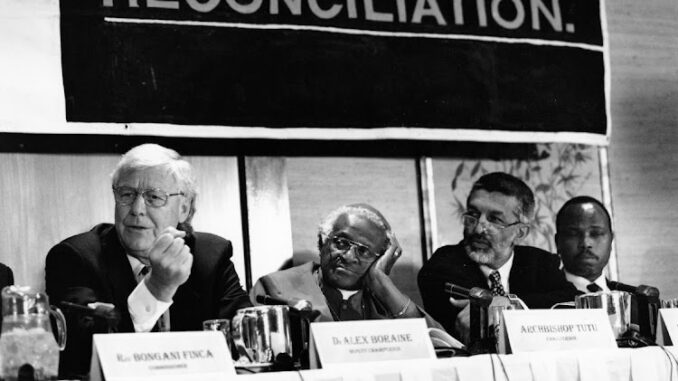
South Africa is poised to confront the shadows of its past as President Cyril Ramaphosa authorized a judicial inquiry into longstanding claims of political interference in prosecuting apartheid-era crimes.
This pivotal move comes in the wake of a legal suit filed by survivors and families of victims who accuse successive Governments of willfully neglecting justice. While the 1996 Truth and Reconciliation Commission (TRC) laid bare the horrors of apartheid—including murder, torture, and forced disappearances—few cases ever made it to court, leaving wounds unhealed and justice deferred.
The inquiry forms part of a court-sanctioned settlement with 25 plaintiffs, including the son of Fort Calata—one of the Cradock Four, a group of anti-apartheid activists murdered by security forces in 1985. Their killers confessed to the TRC but were denied amnesty, and yet, no formal charges followed. All six implicated officers have since died, deepening public frustration. Now, with $9 million in damages sought by the families and renewed attention on the absence of legal redress, the presidency affirms its commitment to “establish the true facts and bring the matter to finality.”
For decades, critics have accused the post-apartheid African National Congress (ANC) leadership of forging clandestine agreements with remnants of the white-minority regime to shield perpetrators from prosecution—allegations the ANC continues to refute. Nonetheless, Wednesday’s presidential statement concedes that claims of undue influence and obstructed investigations have dogged previous administrations. A formal appointment to head the inquiry, alongside a definitive timetable, is expected imminently—signalling what may be South Africa’s last earnest attempt to reconcile its democratic future with the ghosts of its apartheid past.
